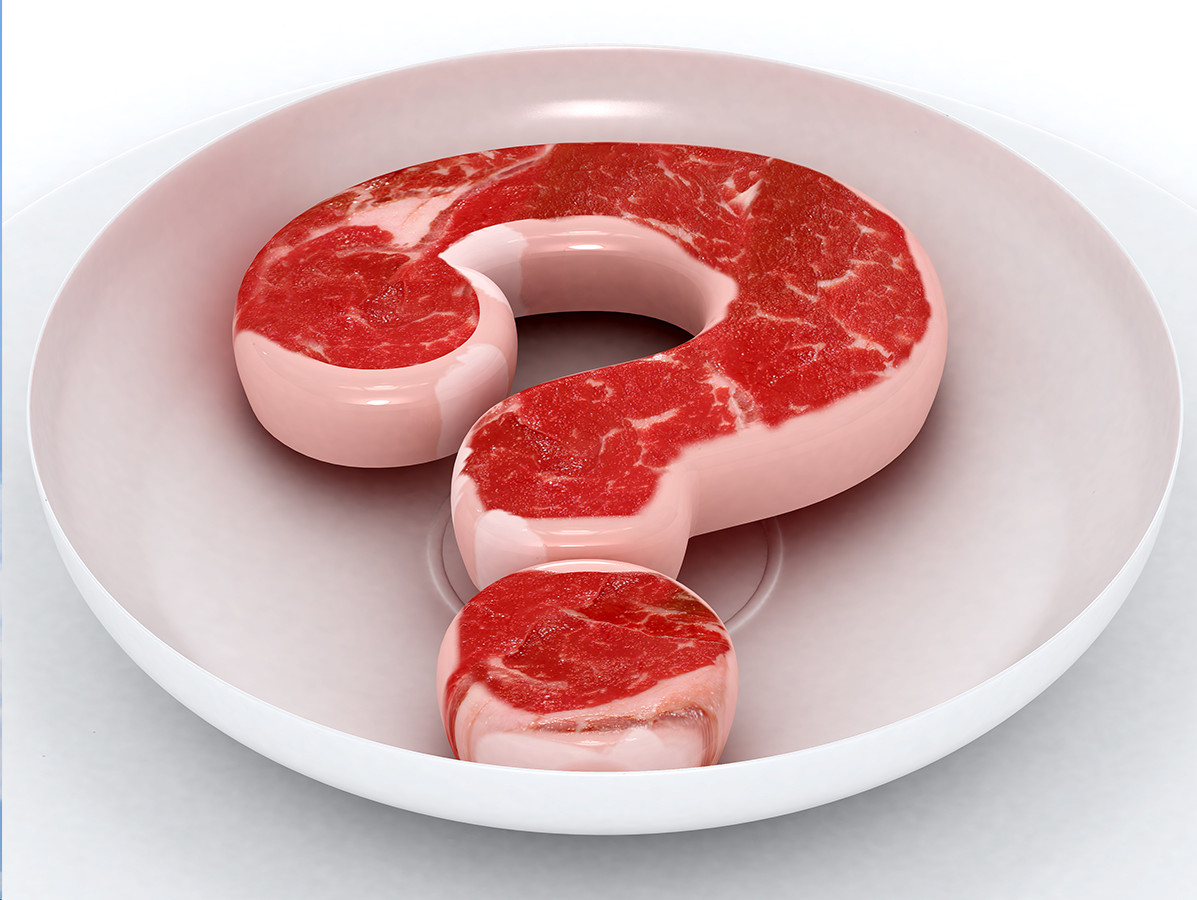
Marketing is seduction and that involves a certain exaggeration. But exaggeration is not without risks: seduction can turn into deception. And that is forbidden.
Consumer organisations have been calling for years for attention to misleading food advertising. This subject is also high on the agenda of the government and the business community itself [1]. Yet it still often goes wrong, because it is not always clear where the boundary lies between what is allowed and what is not. In Vakblad Voedingsindustrie March I spoke about the general ban on misleading advertising and in the May edition about indications of origin. Now it's about legally protected designations of origin of food products.
Every food must have a name . The legal name should be used for that purpose. In the absence of such a name, it is the 'customary name' or, if no customary name exists or is not used, a 'descriptive name' of the food is given. This makes it clear to consumers what kind of product they are dealing with.
There are both European and national legally protected names. Sometimes there is a legal designation in one European country and in another country there is no legal designation, for instance 'dairy'. This is at the expense of the harmonisation of European food regulations. In some cases, the legal name must be used (as in the case of chocolate (2)). In other cases the legal name may be used when the requirements are met ( for example for ' ice cream ' (3)). It is even more complicated when the same name is subject to different rules in European countries. For example, 'ice cream' must have a milk fat content of at least 8% in Belgium and at least 5% in the Netherlands.
Specific legal requirements also apply to 'meat' (4) and more specifically 'minced meat'. Incidentally, VWS is of the opinion that vegetarian variants of meat products that do not have a legal designation, such as 'burger' and 'schnitzel', may be designated in this way, provided it is clear that this is a vegetarian variant (5). This can be done, for example, by calling the product 'vegaschnitzel' or 'vegetarian schnitzel'. The same applies to the use of animal names, such as 'tuna' or 'chicken'. Incidentally, VWS does point out that reserved (legal) names may only be used for products that comply with all regulations. This also means that names reserved for meat products (such as minced meat) may not be used in combination with 'vegetarian'.

For the same reason, the European Court has banned the (German-language) product designation 'Tofubutter' (6). Butter' (or 'butter') refers to a dairy product, i.e. made from milk. And, according to European rules, 'milk' is reserved for 'products derived from the mammary glands of an animal' (7). Designations such as 'milk', 'butter' and 'yoghurt' cannot therefore be used to refer to a purely vegetable product.
The European Court of Justice adds that the use of clarifying additions to labels indicating the plant origin of the product does not make this any different.
The Dutch Supreme Court recently ruled in the same way on the designation 'vla' for Alpro's soy desserts (8). According to the court this is not allowed and misleading. Interestingly, in the same judgment the court ruled that Alpro is allowed to use words such as 'dairy-free variation on milk' and 'vegetable variation on yoghurt', because - unlike in the case of the 'Tofubutter' - the terms milk and yoghurt are not used there to indicate the soy products. Alpro uses this text in its advertising campaigns to compare the products with 'milk' and 'yoghurt'.
The boundary between permitted seduction and unlawful deception sometimes turns out to be difficult to draw in practice. Not only because the rules contain open standards (such as 'deception'), but also because there are many and various rules that can play a role in this. These rules sometimes differ per product and sometimes even per country.
In some cases, European and/or national rules contain 'reserved names'. These names may only be used for foodstuffs that comply with the described rules. Sometimes the product has to be designated in this way. Deviating from this leads to deception. And is therefore prohibited.
Sources
1 Article 9(1)(a) and Article 17(1) Regulation (EU) 1169/2011.
2 Art. 11 Commodities Act Decree on Cocoa and Chocolate
3 Art. 6 Commodities Act Decree Reserved
4 Art. 1 Commodities Act Decree on Meat, Minced Meat and Meat Products
5 Food labelling manual (12 February 2020), pp. 114-115.
6 Order 14 June 2017, Case C-422/16, TofuTown.com
7 Article 78(2) of and Part III of Annex VII to Regulation (EU) No 1308/2013 of the European Parliament and of the Council of 17 December 2013
8 Supreme Court 30 August 2019, ECLI:NL:HR:2019:1293
Source: © Vakblad Voedingsindustrie juni 2020